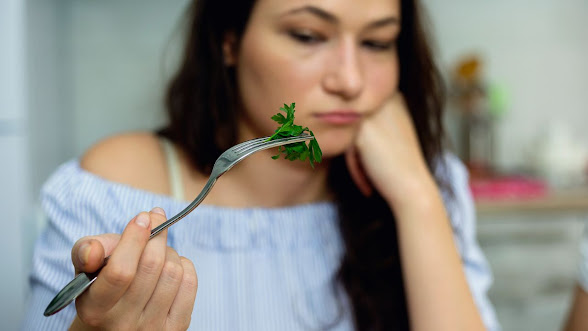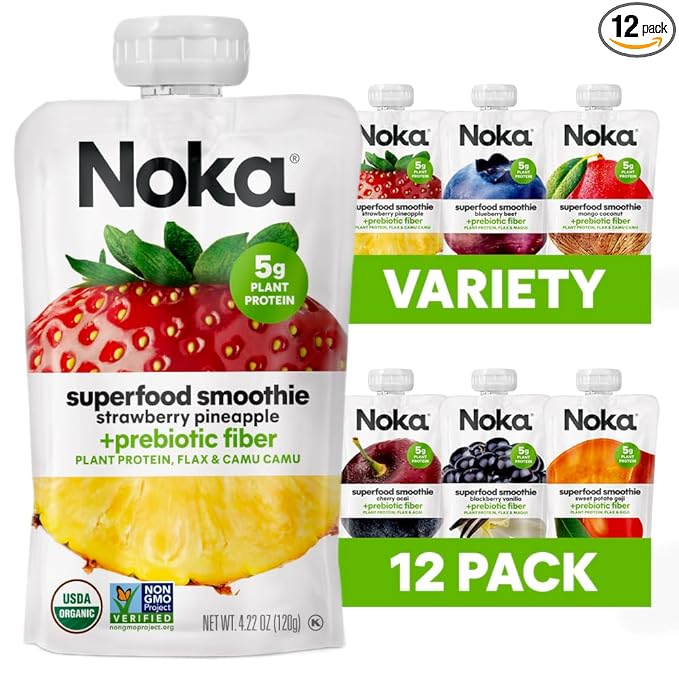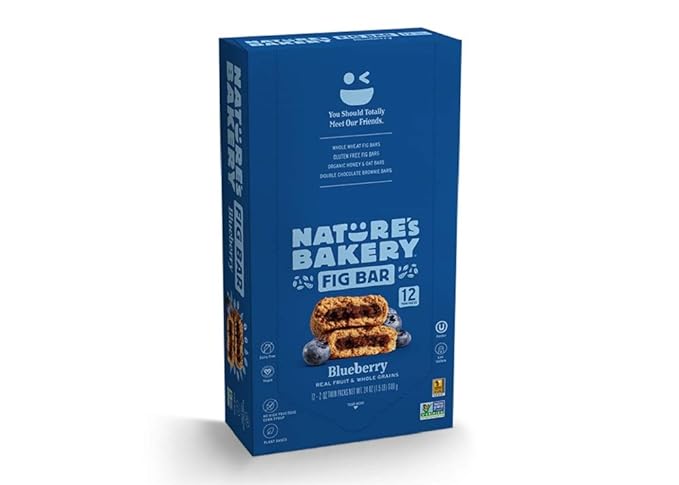Introduction
In recent years, there has been a growing interest in vegetarianism as a way of achieving both fat loss and muscle gain. A balanced vegetarian diet can provide all the necessary nutrients to support a healthy body composition, while also being low in calories and high in protein. In this article, we will explore the best vegetarian diet for fat loss and muscle gain, including the science behind it, the best foods to eat, and how to design a meal plan that works for you. Whether you are already a vegetarian or simply curious about this way of eating, this article will provide you with the information you need to achieve your fitness goals.

Understanding Vegetarianism
Vegetarianism is a dietary practice that excludes the consumption of meat, poultry, fish, and other animal products. There are several types of vegetarianism, including lacto-ovo-vegetarianism, which includes dairy and eggs; lacto-vegetarianism, which includes dairy but excludes eggs; ovo-vegetarianism, which includes eggs but excludes dairy; and veganism, which excludes all animal products.
There are several benefits to following a vegetarian diet for fat loss and muscle gain. Vegetarian diets are typically lower in calories and higher in fiber, which can help with weight management. Plant-based proteins can also be beneficial for muscle growth and recovery. However, there are also some potential drawbacks, such as the need to be vigilant about getting enough nutrients, such as iron, calcium, and vitamin B12, which are typically found in animal products. It's important to carefully plan a balanced vegetarian diet to ensure that all necessary nutrients are being consumed.

The Best Vegetarian Foods for Fat Loss and Muscle Gain
When it comes to fat loss and muscle gain on a vegetarian diet, there are several types of foods that can be particularly beneficial.
Firstly, high-protein vegetarian foods are essential for building and repairing muscle tissue. These include foods like tofu, tempeh, legumes (such as lentils, chickpeas, and black beans), nuts, and seeds. These foods are also typically low in fat and high in fiber, making them great choices for weight management.
Secondly, low-calorie vegetarian foods can be helpful for weight loss. These include vegetables, fruits, whole grains, and some plant-based proteins, like soy products. These foods are typically rich in nutrients, fiber, and antioxidants, and can help to keep you full while consuming fewer calories.
Thirdly, it's important to include vegetarian foods that are high in essential nutrients, such as iron, calcium, and vitamin B12. Some examples of these foods include fortified cereals, leafy greens, fortified plant milk, and nutritional yeast. These nutrients are important for overall health and can be more difficult to obtain on a vegetarian diet.
Finally, combining vegetarian foods in the right way is key to achieving both fat loss and muscle gain. For example, pairing high-protein food with low-calorie food can help to keep you full while providing essential nutrients. It's also important to balance your macronutrient intake (carbohydrates, protein, and fat) to ensure that you're consuming enough protein to support muscle growth, while also being in a caloric deficit to support fat loss.

Vegetarian Diets for Fat Loss and Muscle Gain
When it comes to vegetarian diets for fat loss and muscle gain, there are several approaches you can take. These include low-carb vegetarian diets, high-carb vegetarian diets, high-fat vegetarian diets, and plant-based vegetarian diets.
Low-carb vegetarian diets can be effective for fat loss as they can help to regulate insulin levels and encourage the body to burn fat for energy. Good sources of protein on a low-carb vegetarian diet include tofu, tempeh, nuts, and seeds. Vegetables such as broccoli, spinach, and kale are also low in carbohydrates and can provide essential nutrients. However, it's important to ensure that you're still consuming enough carbohydrates to support muscle growth and recovery.
High-carb vegetarian diets can be effective for muscle gain as they provide the necessary energy to fuel workouts and support muscle recovery. Good sources of carbohydrates include fruits, whole grains, and starchy vegetables such as sweet potatoes and squash. It's important to also consume enough protein to support muscle growth, which can be obtained from sources such as legumes, soy products, and nuts.
High-fat vegetarian diets can also be effective for fat loss and muscle gain, as they can help to keep you feeling full and satisfied. Great wellsprings of sound fats incorporate nuts, seeds, avocados, and olive oil. However, it's important to still consume enough protein and carbohydrates to support muscle growth and recovery.
Plant-based vegetarian diets focus on whole, plant-based foods such as fruits, vegetables, whole grains, legumes, nuts, and seeds. These diets can be effective for fat loss and muscle gain, as they are typically low in calories and high in nutrients. However, it's important to ensure that you're consuming enough protein to support muscle growth, which can be obtained from sources such as soy products, legumes, and nuts.

The most effective Way Build Muscle on a Vegetarian Diet
If your goal is to build muscle on a vegetarian diet, it's important to consume enough protein and calories to support muscle growth. The most effective method to Fabricate Muscle on a Vegan Diet
- Explanation of muscle building: Muscle building involves lifting weights or engaging in resistance training exercises to stimulate muscle growth. During the recovery phase after exercise, the muscles repair and grow stronger. Consuming enough protein and calories is essential for this process to occur.
- How to design a vegetarian meal plan for muscle building: To design a vegetarian meal plan for muscle building, aim to consume around 1 gram of protein per pound of body weight per day. Include a variety of high-protein vegetarian foods such as tofu, tempeh, legumes, nuts, and seeds. It's also important to consume enough carbohydrates to provide energy for workouts and support muscle recovery. Great wellsprings of carbs incorporate natural products, entire grains, and bland vegetables don't forget to include healthy fats such as nuts, seeds, and avocado to provide fundamental supplements and keep you feeling full and fulfilled
- The best vegetarian foods for muscle building: Some of the best vegetarian foods for muscle building include tofu, tempeh, lentils, chickpeas, black beans, quinoa, chia seeds, hemp seeds, almonds, and Greek yogurt. These foods are high in protein and other essential nutrients needed for muscle growth and recovery.
- Vegetarian protein supplements for muscle building:
If you're struggling to consume enough protein through whole foods, you may consider using vegetarian protein supplements such as pea protein powder, soy protein powder, or hemp protein powder. These supplements can be added to smoothies or mixed with water or almond milk for an easy protein boost.
By following these tips, you can build muscle on a vegetarian diet while still meeting your nutritional needs. Remember to listen to your body and make adjustments as needed to ensure that you're making progress towards your muscle-building goals.

How to Lose Fat on a Veggie Lover Diet
If you want to lose fat on a vegetarian diet, it's important to create a calorie deficit by consuming fewer calories than your body needs. Here are some tips on Step by step instructions to Lose Fat on a Veggie lover Diet
- Explanation of fat loss: Fat loss involves creating a calorie deficit by consuming fewer calories than your body needs. This causes your body to burn stored fat for energy, leading to weight loss. To achieve fat loss, it's important to create a calorie deficit through a combination of diet and exercise.
- How to design a vegetarian meal plan for fat loss: To design a vegetarian meal plan for fat loss, aim to consume fewer calories than your body needs to maintain its current weight. This can be accomplished by decreasing part measures, picking lower-calorie food varieties, and staying away from unhealthy handled food sources.Incorporate plenty of vegetables, fruits, and whole grains to provide fundamental supplements and keep you feeling full and fulfilled. It's also important to consume enough protein to support muscle mass and prevent muscle loss during weight loss.
- The best vegetarian foods for fat loss: Some of the best vegetarian foods for fat loss include leafy greens, cruciferous vegetables, berries, whole grains, legumes, tofu, and tempeh. These foods are low in calories but high in fiber and other essential nutrients, making them ideal for weight loss.
- Vegetarian fat-burning supplements:
There are some vegetarian fat-burning supplements that can aid in weight loss, such as green tea extract, caffeine, and garcinia cambogia. However, it's important to use these supplements in moderation and always consult with a healthcare professional before taking them.
By following these tips, you can achieve fat loss on a vegetarian diet while still meeting your nutritional needs. Remember to focus on creating a calorie deficit through a combination of diet and exercise, and be patient as weight loss takes time and consistency.

Healthy Vegetarian Snacks for Fat Loss and Muscle Gain
When trying to achieve fat loss or muscle gain, it's important to choose healthy vegetarian snacks that are both satisfying and nutrient-dense. Here are some options for vegetarian snacks that can support your goals:
- Vegetarian snacks high in protein: Snacks that are high in protein can help support muscle building while also keeping you feeling full and satisfied. Some options for vegetarian snacks high in protein include Greek yogurt, edamame, cottage cheese, nut butter and apple slices, and roasted chickpeas.
- Vegetarian snacks low in calories: Snacks that are low in calories can help support fat loss by helping you stay within your calorie goals for the day. Some options for vegetarian snacks low in calories include carrot sticks with hummus, cucumber slices with tzatziki, air-popped popcorn, and sliced apple with almond butter.
- Vegetarian snacks high in essential nutrients:
Snacks that are high in essential nutrients like vitamins, minerals, and fiber can help support overall health and well-being. Some options for vegetarian snacks high in essential nutrients include mixed nuts, raw veggies with guacamole, roasted pumpkin seeds, and fresh berries with Greek yogurt.
By choosing healthy vegetarian snacks that are high in protein, low in calories, and high in essential nutrients, you can support your goals of fat loss or muscle gain while also meeting your nutritional needs. Remember to choose snacks that you enjoy and that fit your lifestyle to ensure long-term success.

Tips for Sticking to a Vegetarian Diet
Sticking to a vegetarian diet for fat loss and muscle gain can be challenging, especially when faced with temptation or limited food options. Coming up next are two or three pieces of information to assist you with remaining focused:
- Stay motivated:
Find a source of motivation to keep you focused on your goals, whether it's tracking your progress, connecting with like-minded individuals, or rewarding yourself for sticking to your meal plan. - Plan ahead:
Take the time to plan your meals and snacks in advance, and make sure you have healthy options available at home and at work. This can help you avoid unhealthy choices when you're hungry and pressed for time. - Learn to deal with temptation:
It's important to have strategies in place to deal with temptation, whether it's avoiding certain situations or finding healthy alternatives to your favorite indulgences. - Explore vegetarian-friendly options:
There are many vegetarian-friendly restaurants and fast-food options available, so do some research and find ones that fit your dietary needs. This can make it easier to stick to your meal plan when eating out.
By following these tips, you can stick to a vegetarian diet for fat loss and muscle gain, even in challenging situations. Remember, consistency is key, so stay focused on your goals and keep making progress towards a healthier lifestyle.







